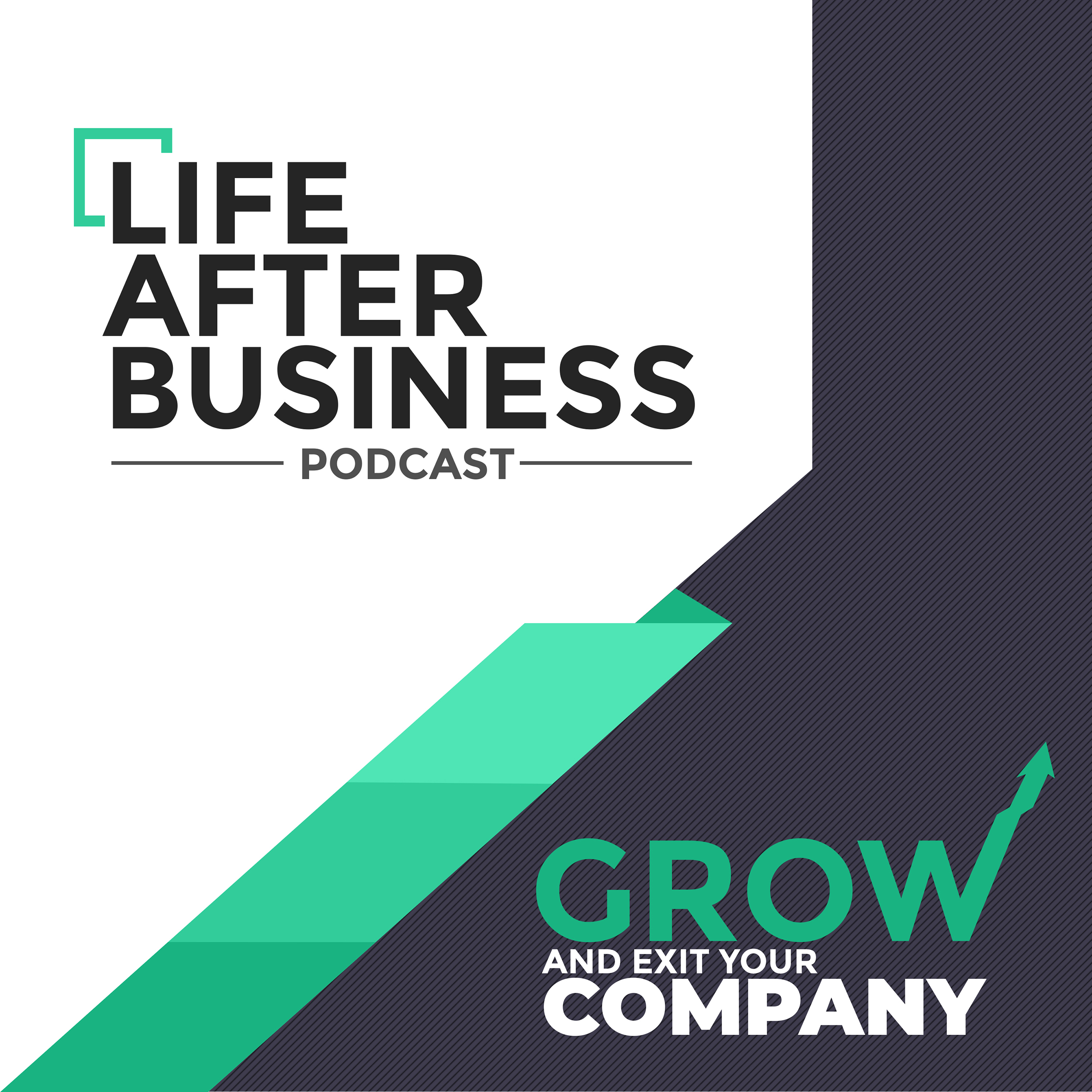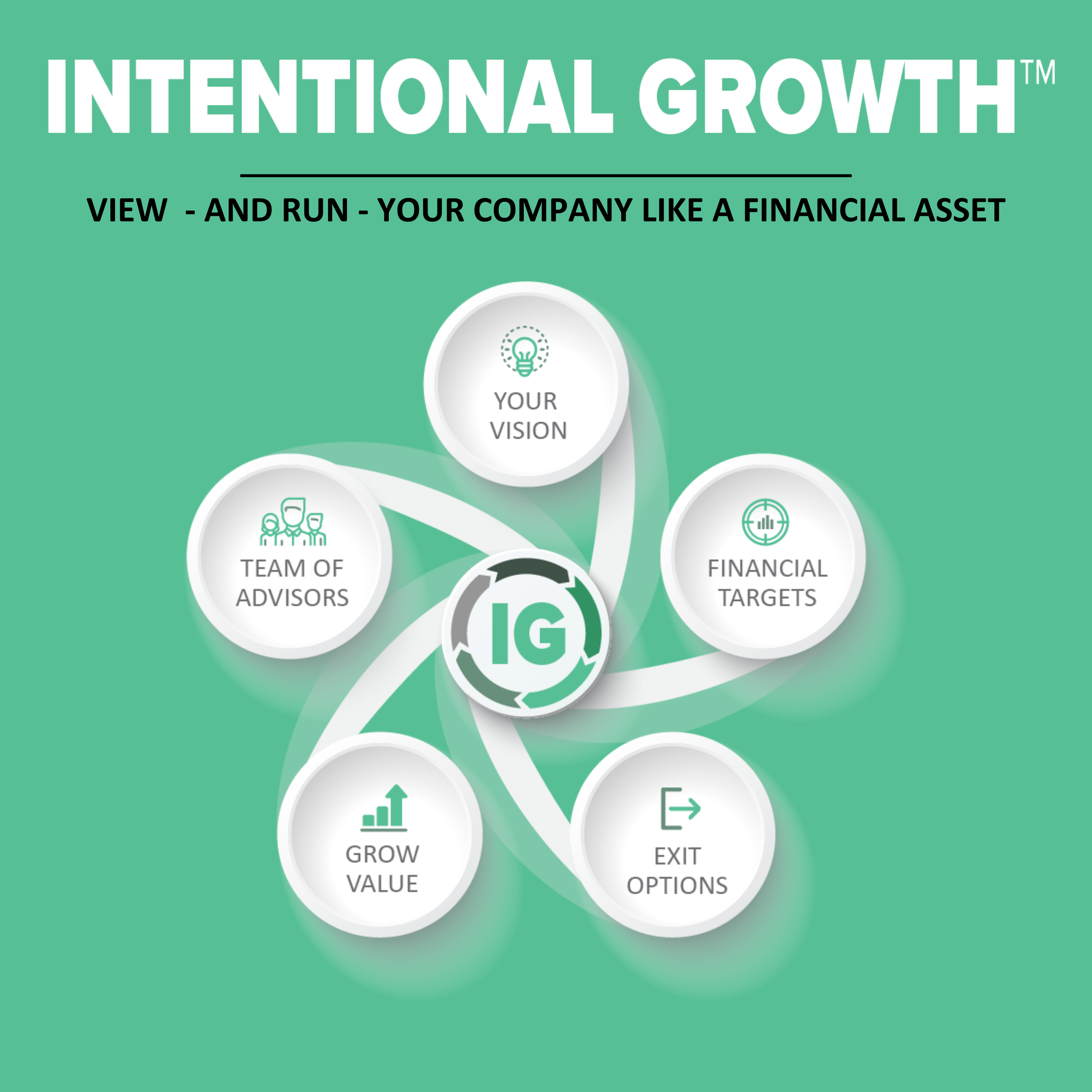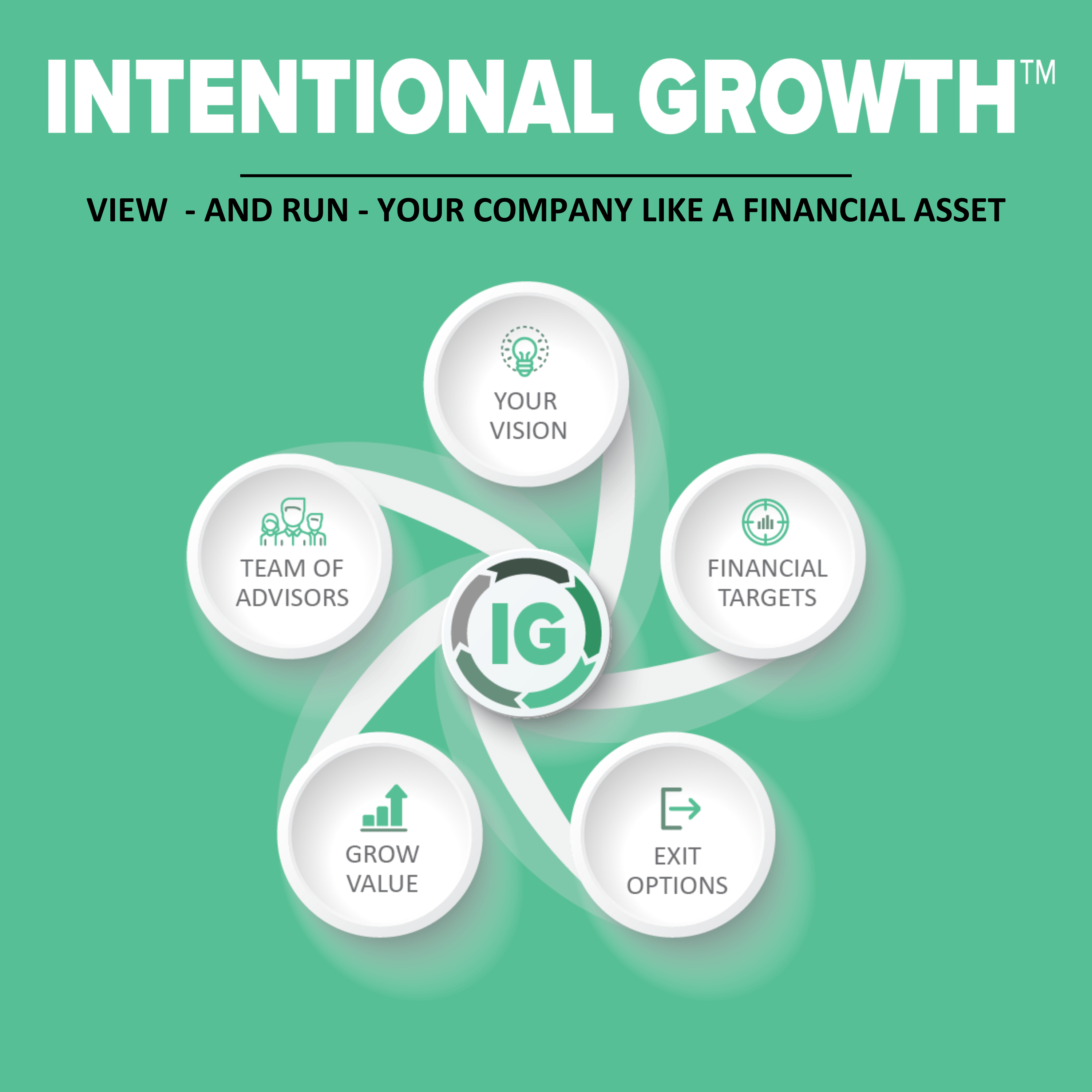Today’s episode is part 2 of my interview with Bobby Kingsbury, a principal at the private equity firm MCM Capital. During this half of the interview, we are joined by Marc Calcaterra, a shareholder of the Torsion Group. We explore the private equity process from the perspective of the seller. Marc tells me why he chose Bobby and how Bobby helped make the best decision possible for his company. Also, he explains why private equity was the best solution for his situation.
Marc and Bobby walk us through the process they went through to make Action Industries a healthier and more successful business. If you missed part 1 of this interview and topic, go back and listen to episode 91 to get caught up with today’s guests. Trust me, you’ll find some really valuable information in these conversations.
You will remember from last week’s episode with Bobby Kingsbury that we discussed the private equity process and why they might be the best fit for you when it comes time to sell or get funding. Bobby went on to explain his role and that of his company, MCM, in the process and how a seller can best attract this kind of buyer.
Well today, we’re going to see if that’s all bunk from one of Bobby’s own clients. Marc fills us in on what it was like deciding to use private equity, why it was the right choice for him and his businesses and the aftermath of the sale.
In Marc’s very specific case, he had a pre-existing relationship with Bobby and so had already built up a significant amount of trust in him personally as well as professionally. However, even before Marc approached Bobby about the sale, he consulted his business partners about the right avenue to take in terms of the business’ future.
The first key thing here is figuring out what’s in the best interest for the business. Marc didn’t have the capital to buy out all the other owners, and no one else wanted sole proprietorship to take the business to the next level. So, in order to grow the business, they knew they’d need to get an investor or a buyer. To that end, they explored the various types of buyers out there and found that private equity best aligned with their goals based on the types of deals they offered and the structure of those deals.
Bobby and Marc struck an amazing deal. At the time of sale, PE was underwriting at 17-20 percent and Bobby’s company was offering both preferred and common stock options. This appealed to Marc, who didn’t want to leave the business, since he could stay on in some capacity.
Marc rolled over 30 percent back into the business (in real dollars) to retain that much ownership in preferred stocks. On top of that, he had his common shares which he could use as he wished as part of his compensation. Then he stayed on as an owner and CEO, performing the day-to-day operations and growing the business in the fashion he liked best.
While there were some compromises to be made, for sure, Marc saw a great deal of upside to this deal. His role as not-quite-owner/not-quite-employee works for both sides of the table since he is intimately familiar with business operations and is invested in the business, so operates it in a way that ensures its integrity and profitability.
Some of the changes made, such as having monthly write-ups sent on to MCM and having quarterly board meetings, were adjustments, but they never compromised Marc’s ability to lead his team and his businesses to success. In fact, both parties feel this only added to the business’ strength since it provided a good level of accountability and problem solving. When something seemed to be pulling the business the wrong way, a discussion would happen before any final deals were struck, thereby lowering the risk to both the business and its investors.
Now Marc has an executive team at his disposal to help him put together the road map for their company’s journey. That’s a pretty fantastic thing to have in place because you’re drawing from so much more than your own expertise. MCM had key personnel they wanted to put in place to make sure things ran smoothly (and Bobby had to acknowledge his bias with Marc because he knew him so well), so that new team required some adjustment.
The right fit needs to be there. Bobby and Marc, due to their pre-existing relationship, were in a good position to help each other since they had trust and knew how each operated his business. This meant that they knew they’d work well together. But again, their goals and vision aligned.
As with other guests on this show, Marc and Bobby stressed the importance of the fit. That not every business would benefit from a private equity buyer and not every seller would benefit from staying on in the business. The key thing to takeaway here is that, after the initial discussions with your key personnel, you need to do your own due diligence to see if the companies you’re considering are the right ones.
Get to know your potential partner. The more you know, the more likely each of you will be to trust each other and help each other through this process in the most honest and open way possible. If your partner has great integrity, you can be sure he or she will look after you and your business the same way you would.
Marc would give Bobby two thumbs up and say that he is not full of shit. I think Bobby held up his end of the deal pretty well and is genuinely making strides to change the face of private equity in the market through the way MCM structures their deals. So is private equity the right path for you? Do you like the kind of deal MCM struck with Marc?
Action Industries
MCM Capital
216-514-1843 – Bobby’s direct line
216-514-1843 – Marc;s direct line
Life After Business Episode 91
Bobby’s email
Marc’s email
Robert (Bobby) Kingsbury joined MCM in February 2008. His responsibilities include the execution of investment transactions and management of portfolio companies. Mr. Kingsbury is also responsible for the sourcing of investment opportunities, leading the partnership’s e-marketing strategy, website design and managing and developing Limited Partner relationships.
Prior to joining MCM, Mr. Kingsbury was drafted by the Pittsburgh Pirates in the 8th round of the 2002 Major League Baseball Draft. He spent six years playing professional baseball as an outfielder in the Pirates organization, participated in the 2004 Summer Olympic Games in Athens, Greece, and was a 2008 inductee into the Fordham University Athletic Hall of Fame.
Mr. Kingsbury graduated from Fordham University with a Bachelor of Science degree in Finance.
Marc Calcaterra began his career in manufacturing. He was soon involved with the Torsion Group and found himself on the distribution side of the business. Action Industries is a leading manufacturer and distributor of a wide range of products for the garage door industry. With the help of MCM Capital Marc has been able to take the Torsion Group to a new level in the garage door manufacturing industry!

Today’s episode is a change of pace. I recently did an interview with the Quiet Light Podcast and I wanted to share it here....

Ep.#6 [THEME SIX] In order to turn your business into a machine that has sustainable, predictable, and transferable cash flow, you have to get...

Today I talk with a guest that is back on the show, Ilan Jacobson (the founding partner and CEO of Firepower Capital, based in...